Every day, it seems like there is a new scientific discovery in the realm of nutrition, a new “miracle food.” Everything from scientists showing the antioxidative properties of some berry to someone who claims potatoes are a superfood.
You can’t surf the web or walk into a grocery store without seeing ads for foods that claim they can improve your immune system, give you lucid dreams, or even make everything else you eat taste amazingly sweet.
Can all of these claims be trusted? Of course not, but some of the companies that make these claims go to great lengths to make sure you can’t tell the difference between your carotones and your carotenes. Like rat poison being 99% harmless and only 1% poison, the lie is usually hidden in a lot of truth.
You spend a lot time and energy on your food choices, so let’s a take a look at evaluating these clever food scams. Here’s a guideline of what to look for:
1. Never trust anecdotal evidence.

Photo Courtesy of Flickr
From a purely statistical point of view, these “studies” usually only involve one subject in a very uncontrolled environment. Consider these as nothing more than entertainment.
2. See what the amount of substance required for the desired effect is.

Photo Courtesy of Flickr
Red wine, for example, is often touted as a heart-healthy indulgence, but you have to drink more than one glass to get these benefits. Though, maybe that’s not such a bad thing.
3. Check that it claims to prevent a specific disease.
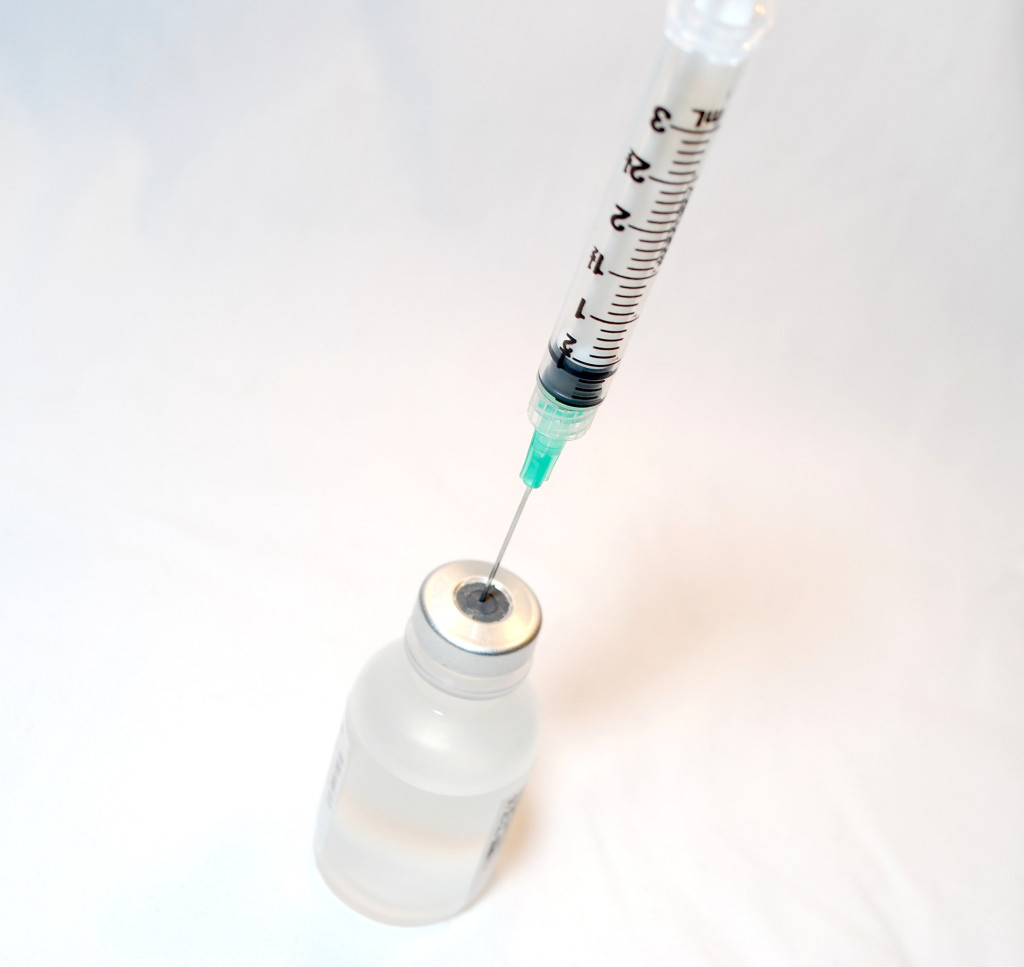
Photo Courtesy of Flickr
Cancer is not specific, since there are many different kinds of cancer with many different causes.
4. Do not trust animal studies.
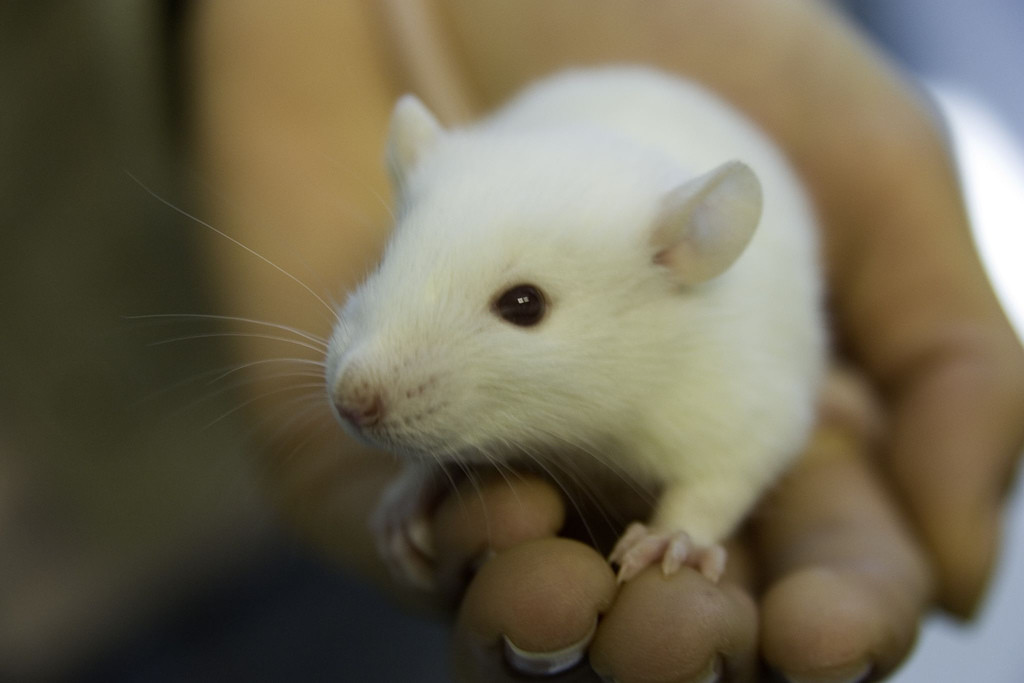
Photo Courtesy of Flickr
They are often an important first step in testing, but animal physiology can be different than a human’s in unexpected ways, and without human trials a claim is never valid.
5. Make sure that substance was tested independently.
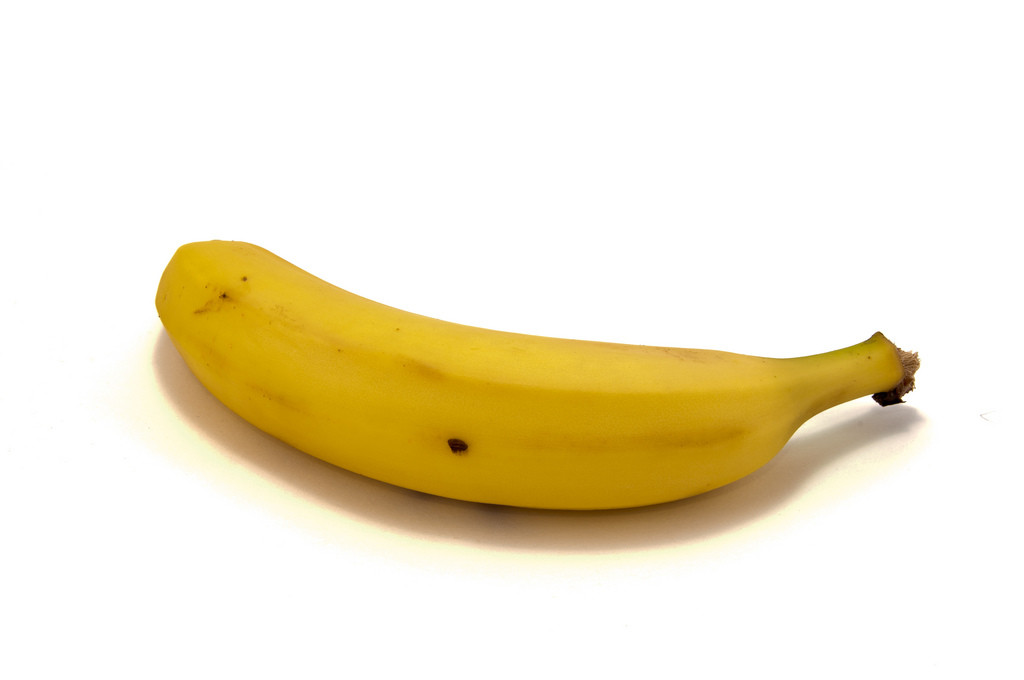
Photo Courtesy of Flickr
Independently meaning not with other foods.
6. Determine the length of time the study was conducted over.
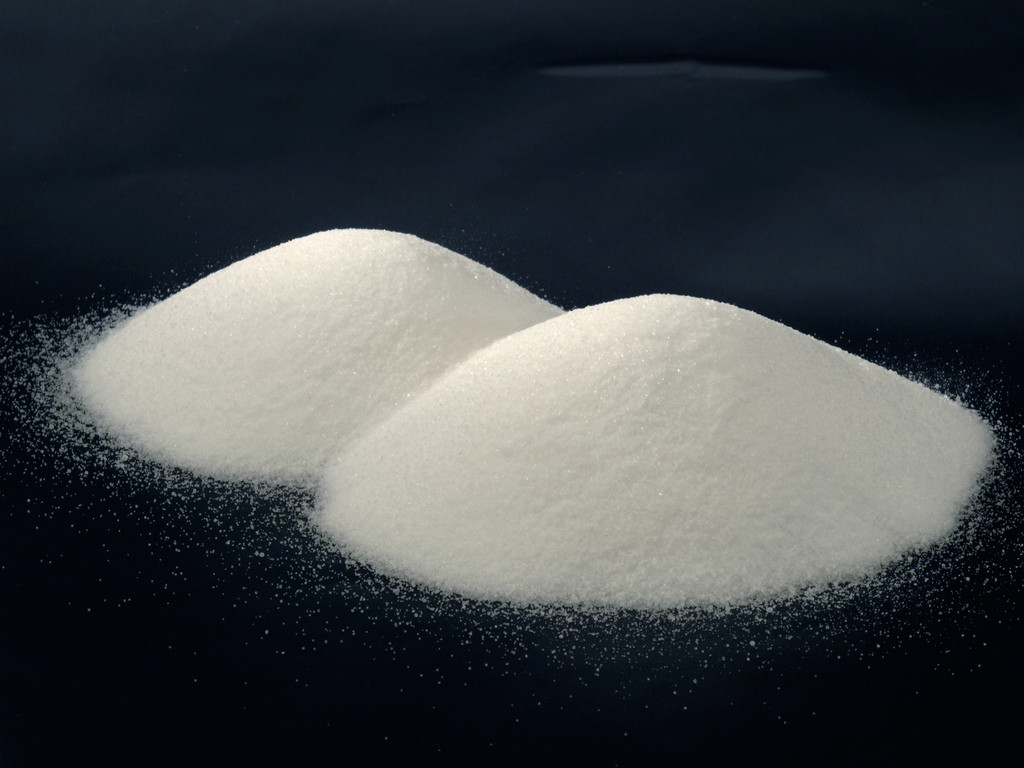
Photo Courtesy of Flickr
Certain foods may have short term effects that are not important in the long run. Salt is a good example of this.
7. You’ve heard the old adage “correlation does not mean causation.”
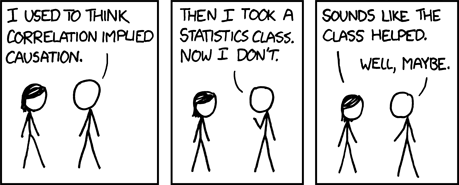
Photo Courtesy of xkcd.com
Even if a food is shown to be associated with a result, that doesn’t necessarily mean it caused it. At the very least, confirm that the subjects were healthy and that there was a control group.
8. Beware meta studies.

Photo Courtesy of Flickr
These are just summaries of other studies done that could have been flawed to begin with.
Check out more ways to beat these crazy food scams:




